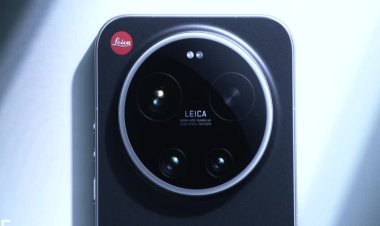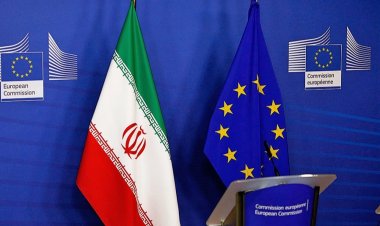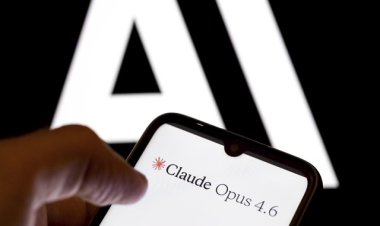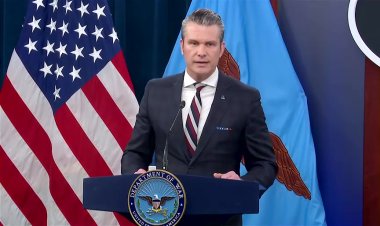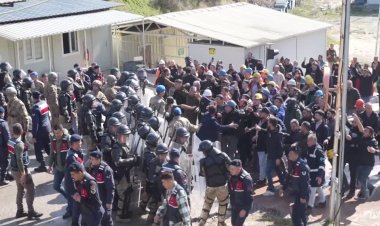South Africa Forms National Unity Government
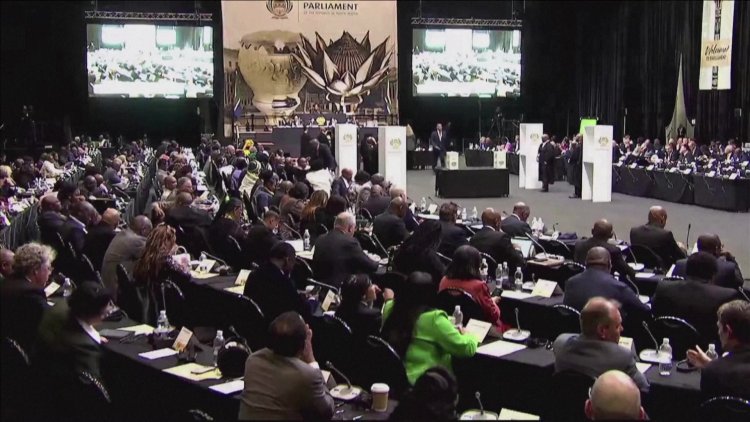
South Africa once again has a national unity government, 30 years after a similar deal helped stabilize the transition to full democracy from a nation divided by the racist system of apartheid.
This time the ruling African National Congress (ANC) was forced to negotiate an agreement after losing its controlling majority in elections.
It marks a landmark moment for the country, with the confirmation that the ANC's new partners include the white-led Democratic Alliance - a pairing once considered unimaginable by many in South Africa.
The main opposition DA party grew out of a union of groups which included what was left of the apartheid-era ruling National Party, and is an advocate of free-market economics at odds with the ANC’s left-wing traditions.
It is still possible that ANC breakaway parties that have not joined the unity government could try to influence events from the outside but the agreement gave shape to South Africa's political future as its new parliament gathered for the first time since last month's historic elections.
"Today will go down in the annals of history as the start of a new chapter for our beloved country," said DA leader John Steenhuisen in a statement delivered in Cape Town, where parliament was meeting.
More detail, including the breakdown of cabinet posts, is expected to emerge in the coming days. But this is not a national unity alliance like the one negotiated by Nelson Mandela in 1994.
At that time the ANC reached across the divide from a position of strength.
The composition is similar. Thirty years ago the ANC joined forces with the National Party that ruled during apartheid, and the Zulu nationalist Inkatha Freedom Party (IFP).
Perhaps the biggest and most contentious issues are DA opposition to the ANC's national healthcare policy, and its black economic empowerment programme.





